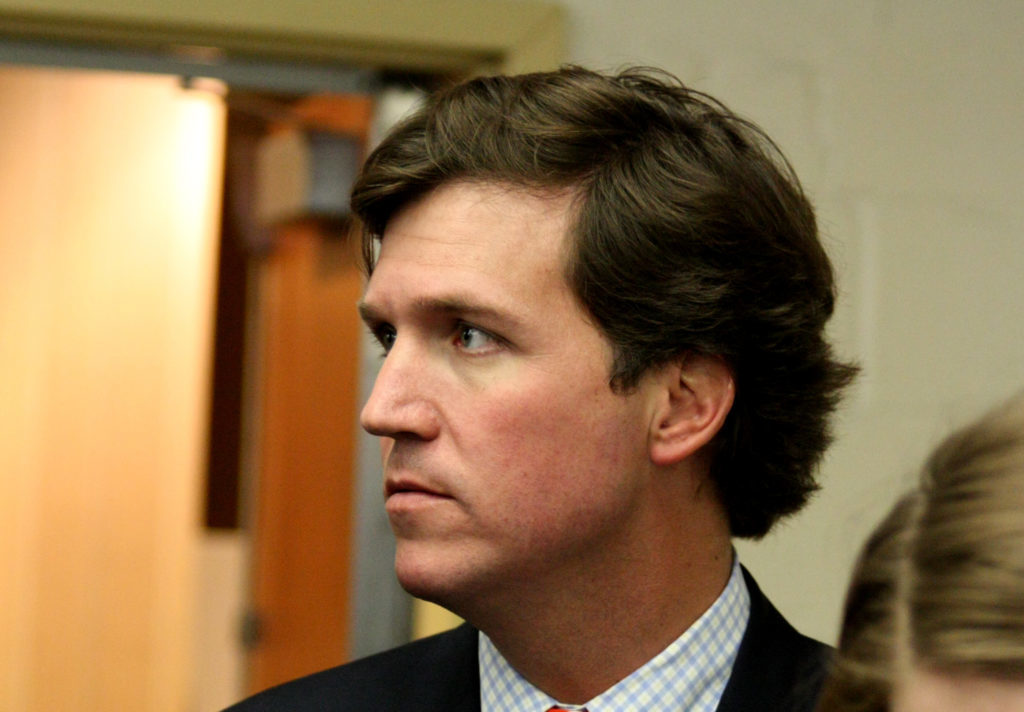Just asking questions

For years when I was a youth, I was unaware that one of my all time favourite classical pianists, Andre Watts, was a black man. Not a single one of his record albums had a photo of him on the cover, and there was no mention of his race in the liner notes. It never crossed my mind to wonder why. I knew what my other favourite pianists look like — specifically Lazar Berman, Rosalyn Tureck and Daniel Barenboim. Their photos were always on their albums, but then, they were white. But I was just a kid at the time, so what did I know? I learned later that a common question put to Mr. Watts by reporters was, “Do you ever play other kinds of music, like jazz?”
I’m told by people of color who attended Harvard that a common question white people ask is, “Do you mean the Harvard in Massachusetts?” The implication being, of course, that no, they really meant Harvard, Nebraska. I’m fairly sure it’s a question no white person would ever be asked.
These are examples of the death-by-a-billion cuts people of color must endure all the time. They are, infuriatingly, too often the kind of situations that, taken by themselves, can have other, non-racist explanations. Mr. Watts, for example, could have just been camera shy, or unphotogenic. (He was and remains neither, by the way.) Taken individually they don’t mean much. Taken together over the span of a single lifetime must be nearly unbearable. I don’t know from personal experience what that is like. And I never will.
So when Tucker Carlson wants to know what Supreme Court nominee Ketanji Brown Jackson’s LSAT score was, I know exactly what he’s asking. Tucker isn’t stupid, he’s just evil, so he knows hes appealing to his racist base, the vast majority of people who watch him and love him, and demanding to know how a woman of color could possibly get admitted to Harvard Law. It must be affirmative action, he’s implying. It couldn’t be anything else.
Well I can tell you without looking what Ketanji Brown Jackson’s LSAT score was. It was brilliant. I know this precisely because it got her into Harvard Law. And it’s further obvious because anyone listening to her speak knows right away that she’s also a brilliant woman. That’s good enough for me. Whether or not her score was better or worse than someone else’s is academic. It’s just one of the many things that defines her, and one of the things of lesser importance.
But Tucker is “just asking questions.” The kind of questions Barack Obama was asked. Like can he prove he was born in America. The kind of questions people of color used to be asked in white diners in Mississippi, like, “Don’t you think you’d rather have soul food from the diner down the street?” Just questions.
I find such things infuriating. And if they infuriate me, I can only imagine how it would feel if I had them directed at me all the time. It’s how we know racism is endemic and institutional in America. And it will never stop. What it will do instead is get subtler and harder to prove. But make no mistake, Tucker Carlson wants to know Ketanji Brown Jackson’s LSAT score because he’s a loathsome bigot. He knows perfectly well that he can get away with it. Because he’s “just asking questions.” And, as ever, ladies and gentlemen, brothers and sisters, comrades and friends, stay safe.

Robert Harrington is an American expat living in Britain. He is a portrait painter.
